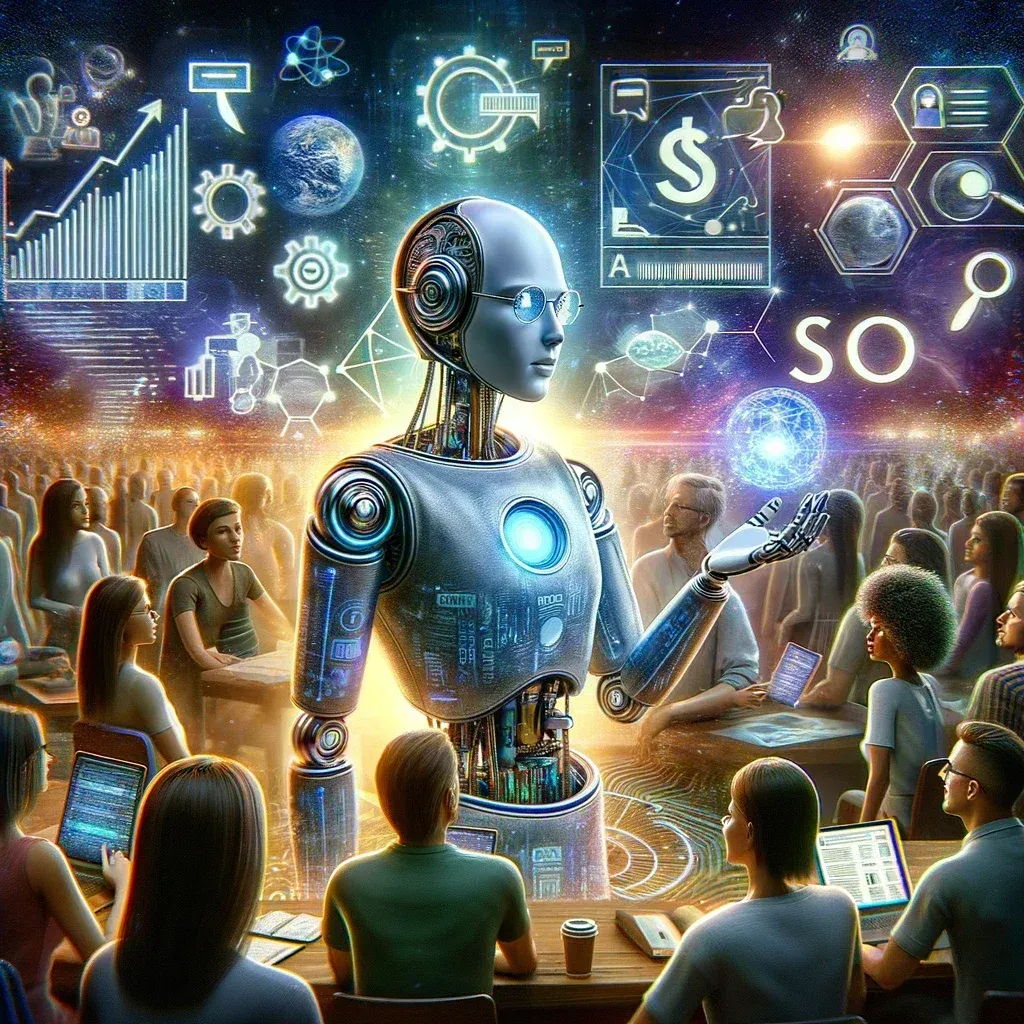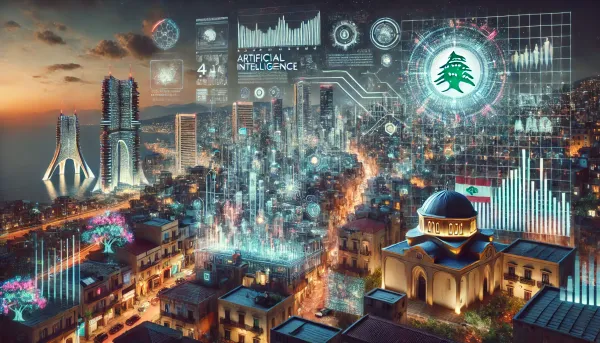SEO and AI Chatbots: Personal Journey

As a software engineer, I’ve seen how the way we find information online is changing. Search engines like Google used to rule the landscape, but now AI chatbots, like OpenAI’s GPT models, are reshaping it. This got me curious about how ‘SEO and AI Chatbots’ might change the world of Search Engine Optimization (SEO).
A Shift in Information Seeking Habits
Traditionally, people have turned to Google first when they needed information, trusting it to guide them through the internet’s vast expanses to the most relevant and authoritative sources.
However, the emergence of AI chatbots has introduced a new element in the realm of online search. These tools offer a quicker, more interactive, and sometimes more efficient alternative.
While comprehensive statistics to quantify this shift aren’t yet available, anecdotal evidence and personal experiences suggest a growing preference for AI chatbots. As a user and developer, my experience has highlighted the potential of these tools to transform information retrieval.
A Personal Experiment: Google vs. GPT
To understand this shift better, I conducted a simple experiment.
I asked Google and a GPT-based chatbot the same question: “Who is Mohamed Soufan?“
The results were illuminating.
Google Result for ‘Who is Mohamed Soufan?’

Google led me through a series of links, each requiring additional clicks and reading time; consequently, to piece together a comprehensive picture.
ChatGPT Result for ‘Who is Mohamed Soufan?’

In contrast, the AI chatbot provided a concise, comprehensive summary almost instantaneously.
This speed and efficiency in delivering relevant information are where AI chatbots shine, offering a glimpse into a future where they could become our primary source of online information.
The Implications for SEO and AI Chatbots
This shift has profound implications for SEO. Traditionally, SEO strategies have revolved around understanding Google’s algorithms—keywords, backlinks, content freshness, etc. However, as AI chatbots become more prevalent, these strategies might need to evolve.
The focus could shift from merely optimizing for keywords to ensuring that the content is structured in a way that is easily interpretable and relatable by AI models.
Moreover, the interactive nature of chatbots may lead to a new form of SEO, where engaging and conversational content is valued over traditional keyword density and backlink strategies. It suggests a future where humanized content, which resonates well with AI’s understanding and users’ conversational queries, becomes paramount.
The Changing SEO and AI Chatbots Landscape
As we stand at this juncture, the future of SEO in the age of AI chatbots seems both exciting and uncertain. It beckons us to rethink our strategies, to move away from tried-and-tested methods, and to embrace a more conversational, AI-friendly approach to content creation.
For me, as both a consumer and creator of digital content, this evolution is not just about staying ahead in search rankings; it’s about understanding and adapting to a fundamentally changing landscape of human-AI interaction.
It’s a journey that’s just begun, and I am eager to see where it leads us in the world of SEO and beyond.



